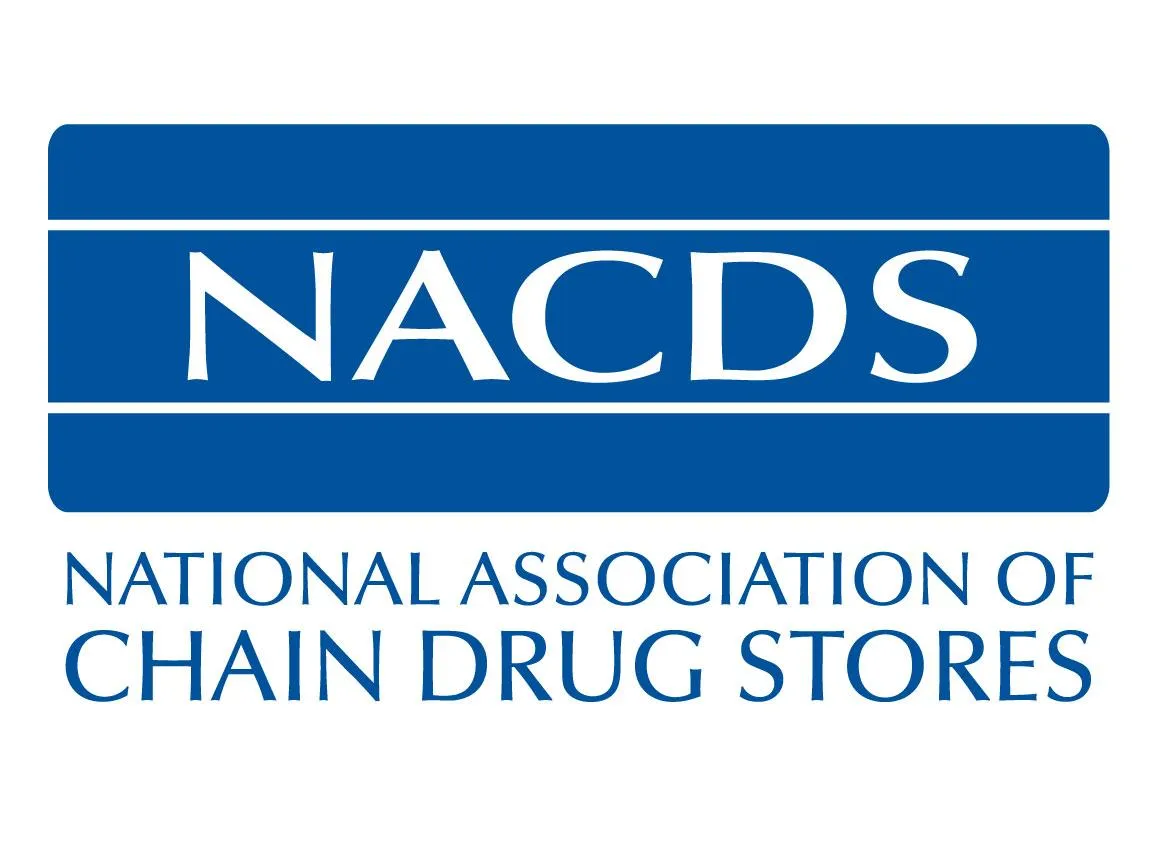ARLINGTON, Va. – The National Association of Chain Drug Stores (NACDS) is lauding legislation by U.S. Rep. Buddy Carter (R-GA) that will crack down on tactics by which “pharmaceutical benefit manipulator” middlemen maximize profits at the expense of patients, pharmacies, and others.

Steven Anderson
The bill – the Drug Pricing Transparency in Medicaid Act – will block middlemen tactics in Medicaid managed care that drive up prescription drug prices and that force pharmacies to provide medications below their cost to acquire and dispense them.
NACDS president and CEO Steven Anderson said: “’PBMs’ – best known as ‘pharmaceutical benefit manipulators’ – have complicated and exploited the system for their own profit and at the expense of patients, communities, employers, taxpayers, and pharmacies. This legislation by Congressman Carter is an important part of the bipartisan and comprehensive approach that is emerging to put patients over PBM profits.
“NACDS backs this legislation strongly and urges its advancement as part of a total approach to turning the tide on PBM profiteering that forces patients and others to pay more for their medicines, that limits patients’ access to their pharmacist, that restricts patients’ access to the medicines right for them, and that jeopardizes the pharmacies on which patients rely.”
Joining Rep. Carter as original co-sponsors of the legislation are: U.S. Rep. Vicente Gonzalez (D-TX), U.S. Rep. Elise Stefanik (R-NY), U.S. Rep. Deborah Ross (D-NC), U.S. Rep. Rick Allen (R-GA), and U.S. Rep. Jake Auchincloss (D-MA).
Specifically, the bill prohibits “spread pricing” in Medicaid and establishes a “pass-through payment” model. It creates in Medicaid managed care a “rate floor” requirement similar to that of Medicaid fee-for-service that focuses on cost-based pharmacy reimbursement and dispensing fees.
NACDS notes that Rep. Carter’s bill is consistent with key aspects of the Association’s broader Principles of PBM Reform. NACDS’ Principles of PBM reform include: stopping explosive retroactive fees; stopping below-cost reimbursement; stopping the gaming of performance measures; stopping “specialty definitions” from steering patients from their pharmacy; stopping mandatory mail-order; stopping limited networks; stopping overwhelming audits; and stopping the undercutting of “PBM” reform laws.
More information is available at an NACDS web page.









